-
Learn More
"Development isn't charity. It's one of the smartest investments we can make in our shared future, our security, our prosperity." -- President Barack Obama
On July 20, 2016, President Obama hosted the White House Summit on Global Development to recognize progress we've made and ensure it continues.
The Summit brought together development leaders, public and private sector partners, civil society, diplomats, and entrepreneurs to discuss the progress achieved by the Administration’s approach to development and chart a course forward to continue the progress in the years ahead. There were a series of panel discussions throughout the day that highlighted President Obama's global development initiatives. Strive Masiyiwa introduced President Obama, who spoke at the summit.
Opening Remarks by USAID Administrator Gayle Smith
From the very beginning of his Administration, President Obama has defined development as an investment in the future security and prosperity of us all. The U.S. government has established new and effective approaches to development that leverage new models of financing, empower local partners, harness innovation, and measure progress in terms of real-world results. From Feed the Future to Power Africa to the Open Government Partnership, the Administration's signature initiatives have dramatically reduced poverty, malnutrition, and infant and maternal mortality, while spurring entrepreneurship and economic growth, increasing the number of young women in school, and helping to build more stable, accountable and inclusive societies.
Panels
9:30 a.m. - Feed the Future: Partnerships for a Food-Secure 2030
This session will showcase how Feed the Future, the U.S. Government's global hunger and food security initiative, is leading to impressive and sustainable reductions in hunger and malnutrition. The Administration's initial commitment of $3.5 billion over three years leveraged over $18.5 billion from other donors. In 2015 alone, Feed the Future helped over 9 million smallholder farmers and reached nearly 18 million children to get them the nutrition they need.
10:15 a.m. - Transparency, Accountability, and Open Government
In recent years, there has been substantial progress in promoting accountability and transparency as a means for achieving progress on development across all sectors, greater democratic governance, deeper civil society-government engagement, and improved foreign assistance delivery. This session will serve as an opportunity to reflect on how the United States works through and helps lead multi-stakeholder platforms, including the Open Government Partnership, to generate results at the local level, promote access to justice, and strengthen government accountability.
11:05 a.m. - Transforming Global Health through Evidence and Partnerships
This session will highlight the progress made toward improving global health and chart a course forward for the years ahead. The Obama Administration significantly expanded the Bush Administration's global health initiatives to fight AIDS and malaria, while also making dramatic progress toward ending maternal and child deaths. Through the President's Malaria Initiative, PEPFAR and the contribution to the Global Fund to Fight AIDS, TB and Malaria, the U.S. government has become the largest donor to global malaria and HIV/AIDS efforts. Over the past 15 years, deaths among children under the age of 5 declined by 65 percent, averting an estimated 6.2 million deaths. The President's Emergency Plan For AIDS Relief (PEPFAR) now supports more than 9.5 million people on antiretroviral treatment and has resulted in more than 1.5 million babies born HIV-free. And, between 2009-2015, efforts to end child and maternal deaths have resulted in 4.6 million lives saved.
11:55 a.m. - Partnering to Finance the Sustainable Development Goals
This session will focus on the Administration's new development model that has led to the dramatic progress in health, food security, and energy. By partnering with the private sector and harnessing innovation and entrepreneurship, the U.S has mobilized more than $100 billion from the private sector to invest in new and proven ways to fight poverty.
2:05 p.m. - Engaging Generation Now
This session will focus on investing in and partnering with young people who will help us solve some of the world's biggest problems. With global youth populations concentrated in the least developed countries in the world, providing young people with the tools they need to succeed-education, leadership skills, entrepreneurial values-is a sustainable development solution. Through U.S. programs and initiatives, such as the Young Leaders Initiatives and Let Girls Learn, we have engaged hundreds of thousands of extraordinary young people dedicated to being changemakers in their communities and countries.
2:45 p.m. - Power Africa: Partnerships as a Source of Power
Two out of three people in sub-Saharan Africa do not have access to electricity, severely limiting access to quality health care, education, and economic opportunities for more than 600 million people. To help overcome this challenge, President Obama launched Power Africa in 2013 to double access to energy in sub-Saharan Africa. The United States' initial $7 billion commitment has leveraged nearly $43 billion in commitments from the public and private sectors, including more than $31 billion in commitments from private sector partners. With Power Africa support, transactions are expected to generate more than 4,600 MW have reached financial closure, putting us on course to increasing access to energy by 30,000 megawatts and add 60 million new electrical connections by 2030.







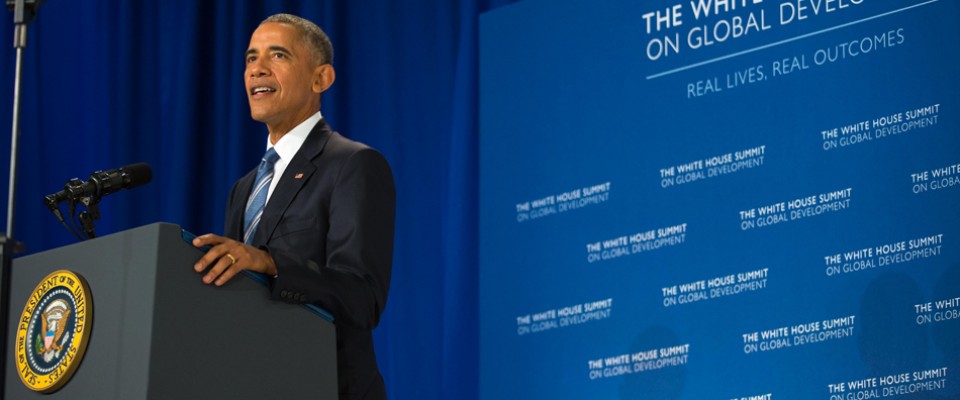
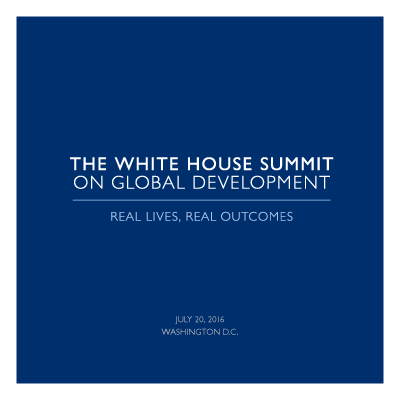
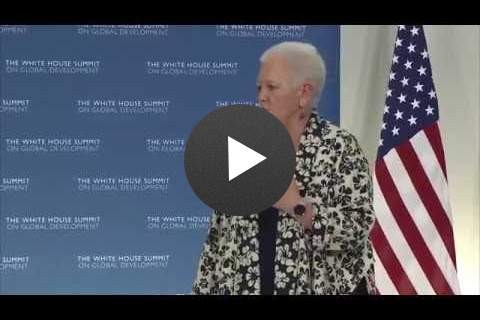
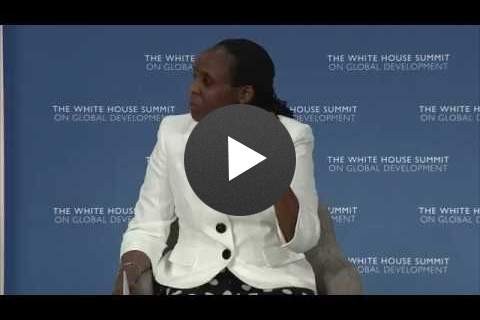
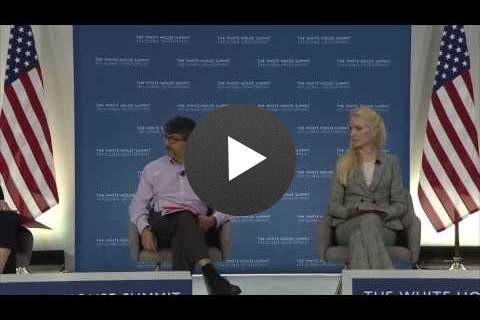
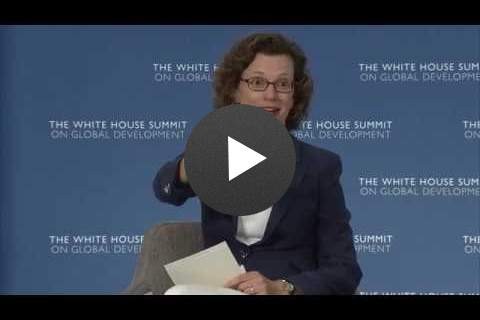
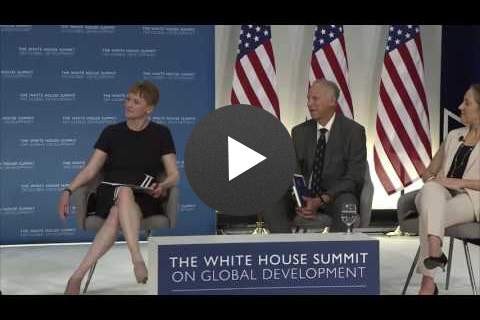
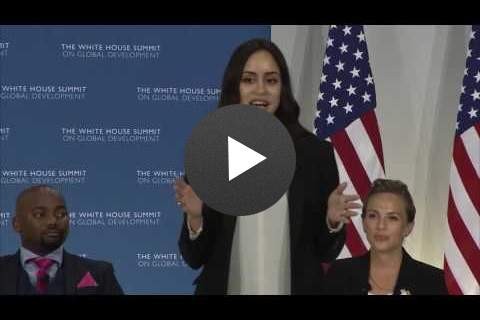
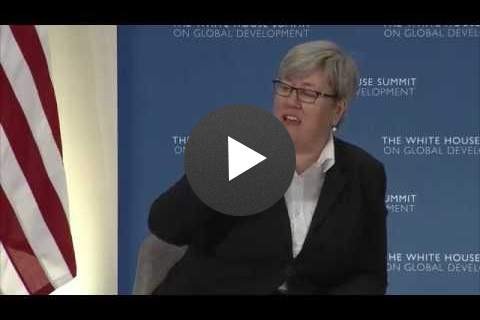
Comment
Make a general inquiry or suggest an improvement.